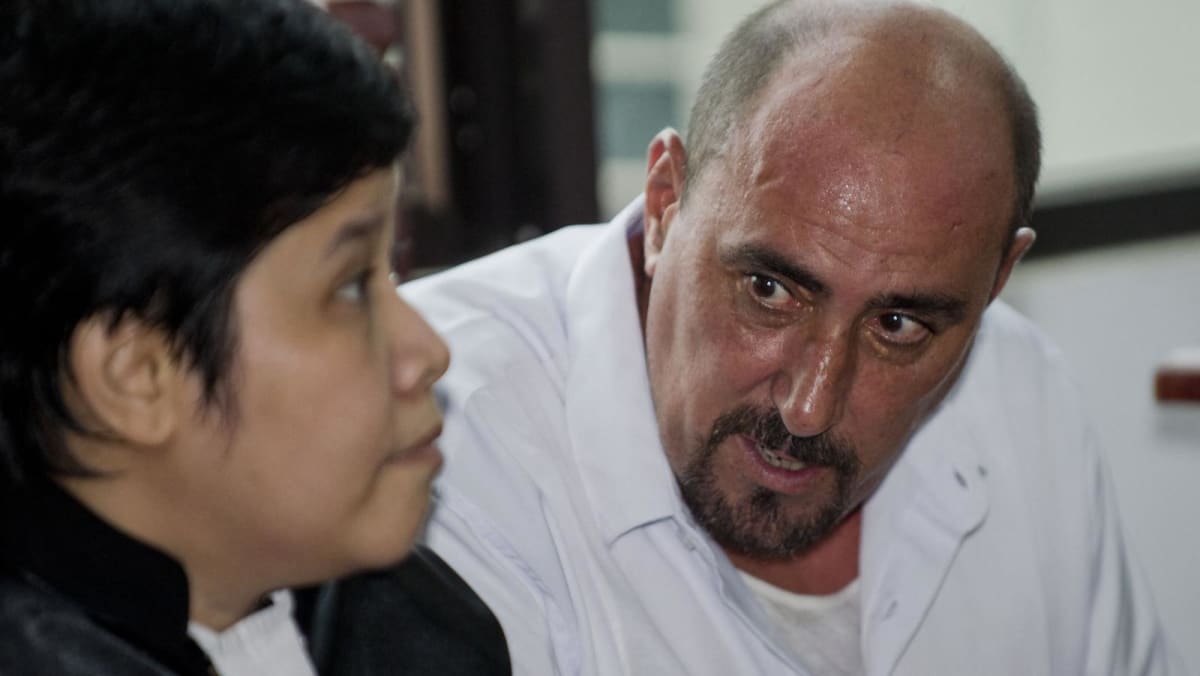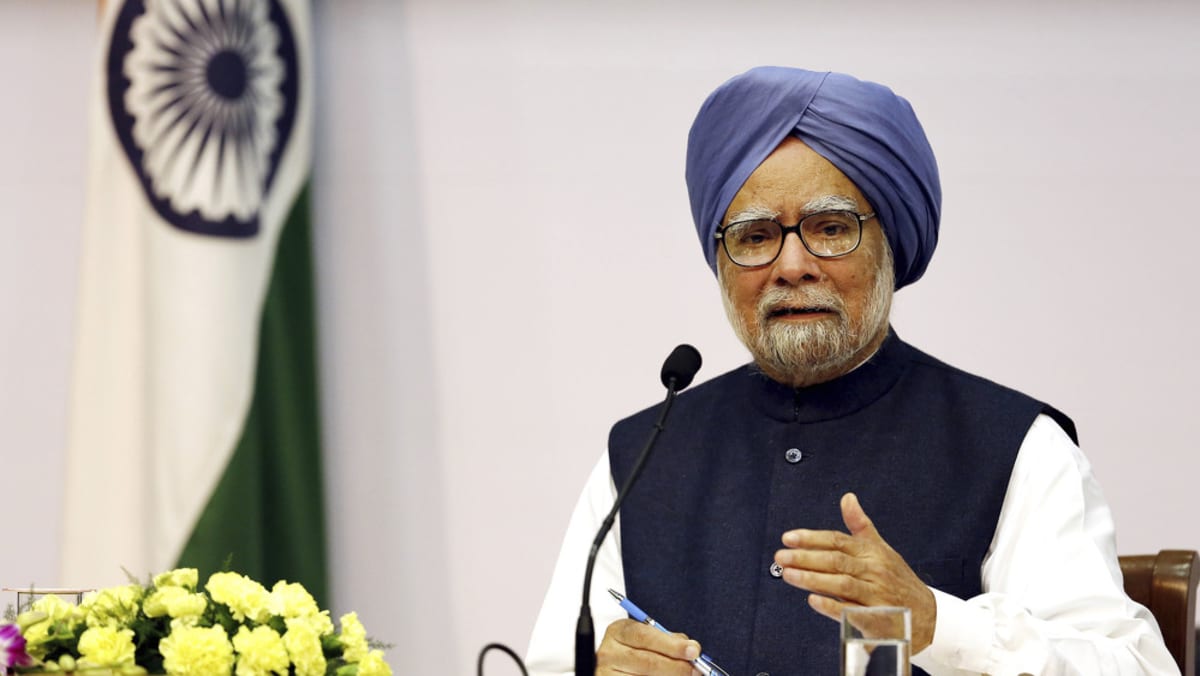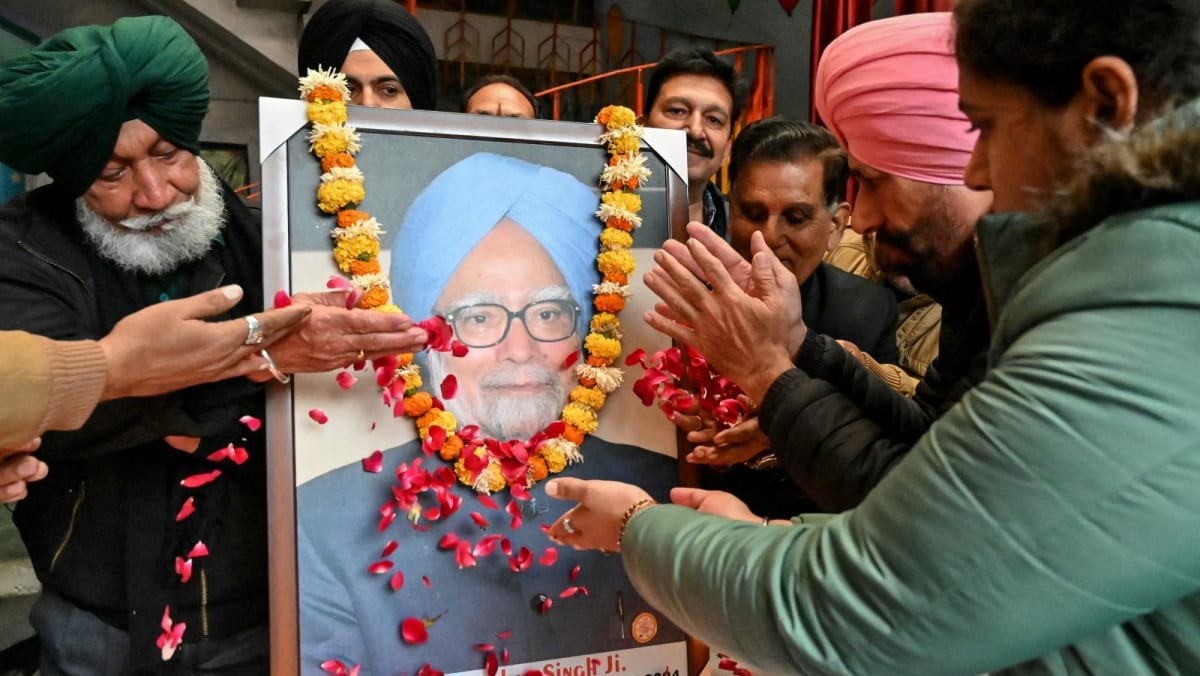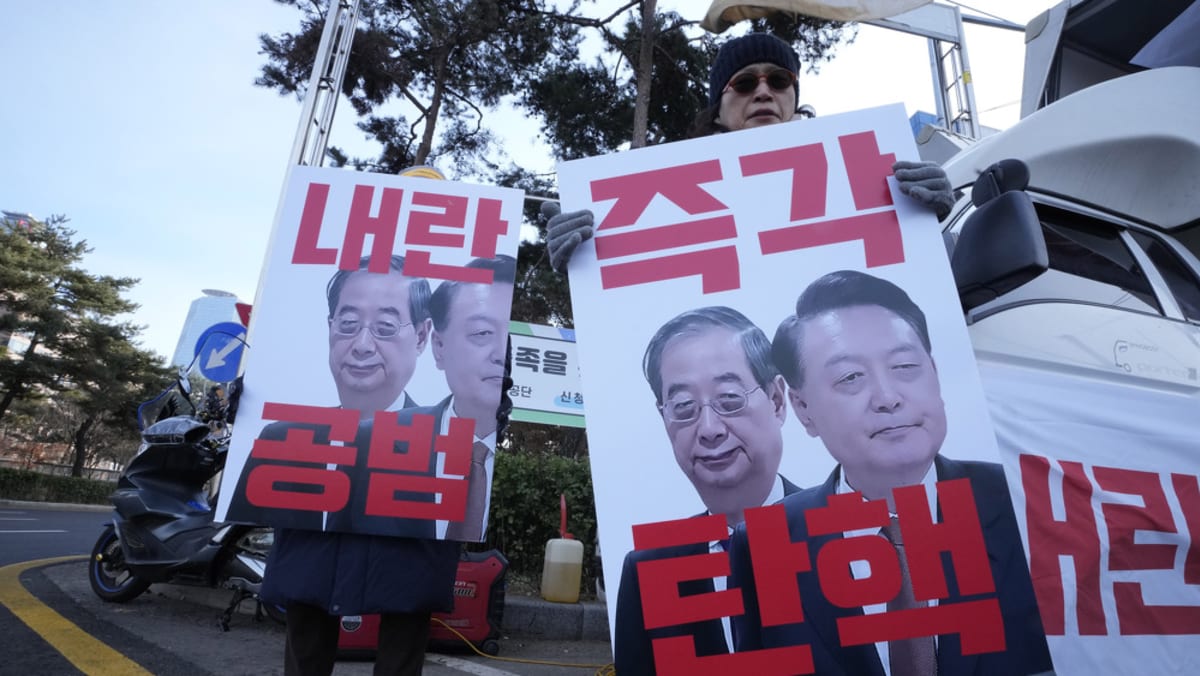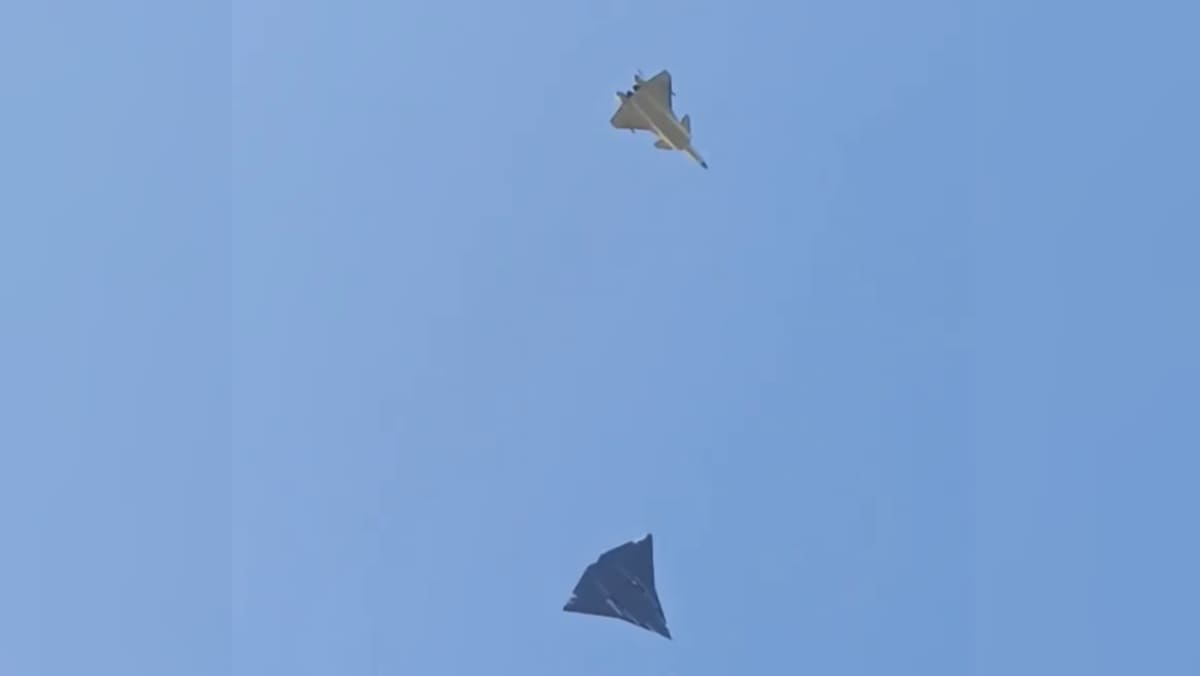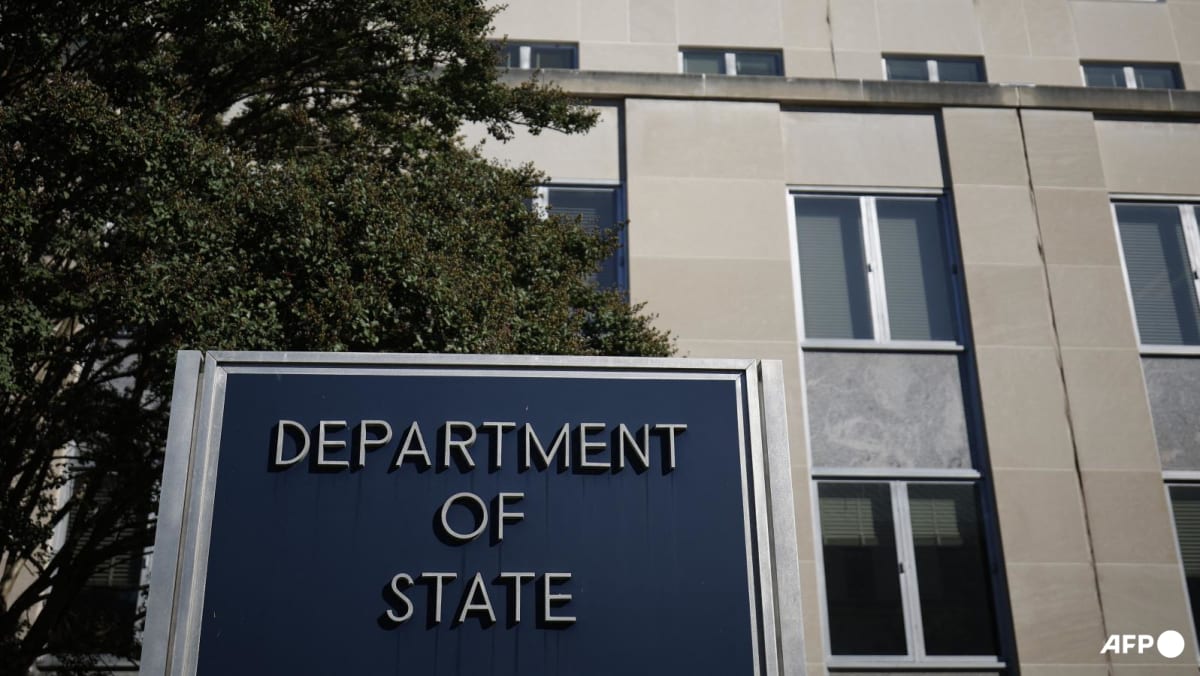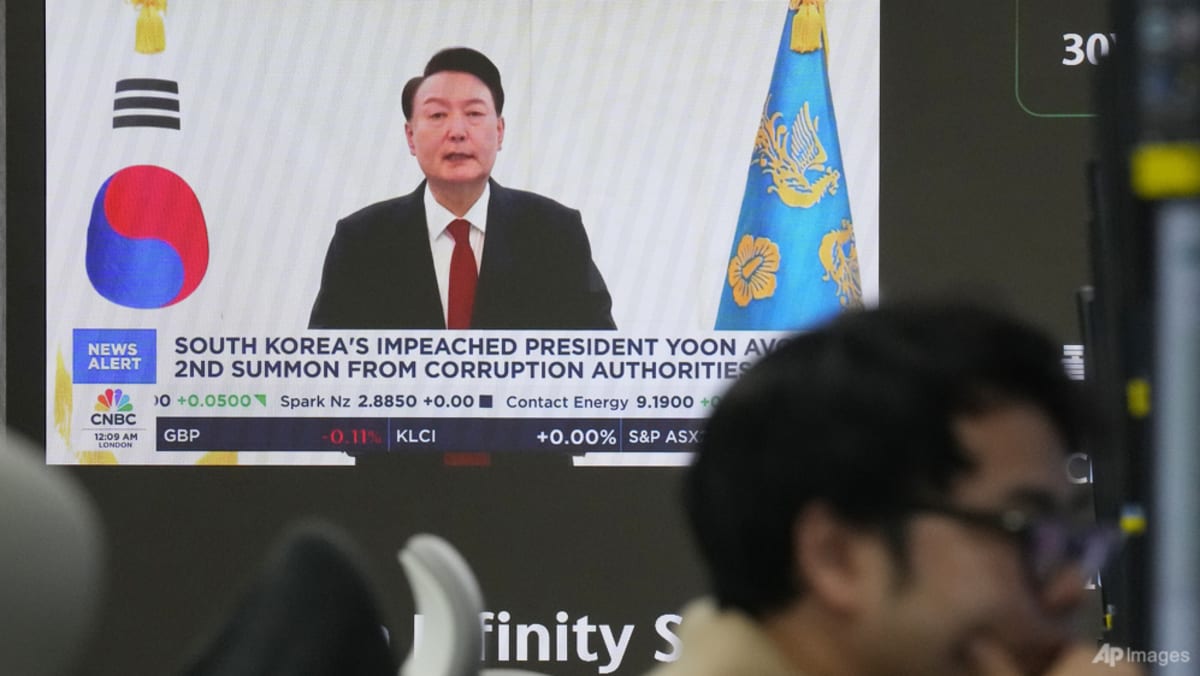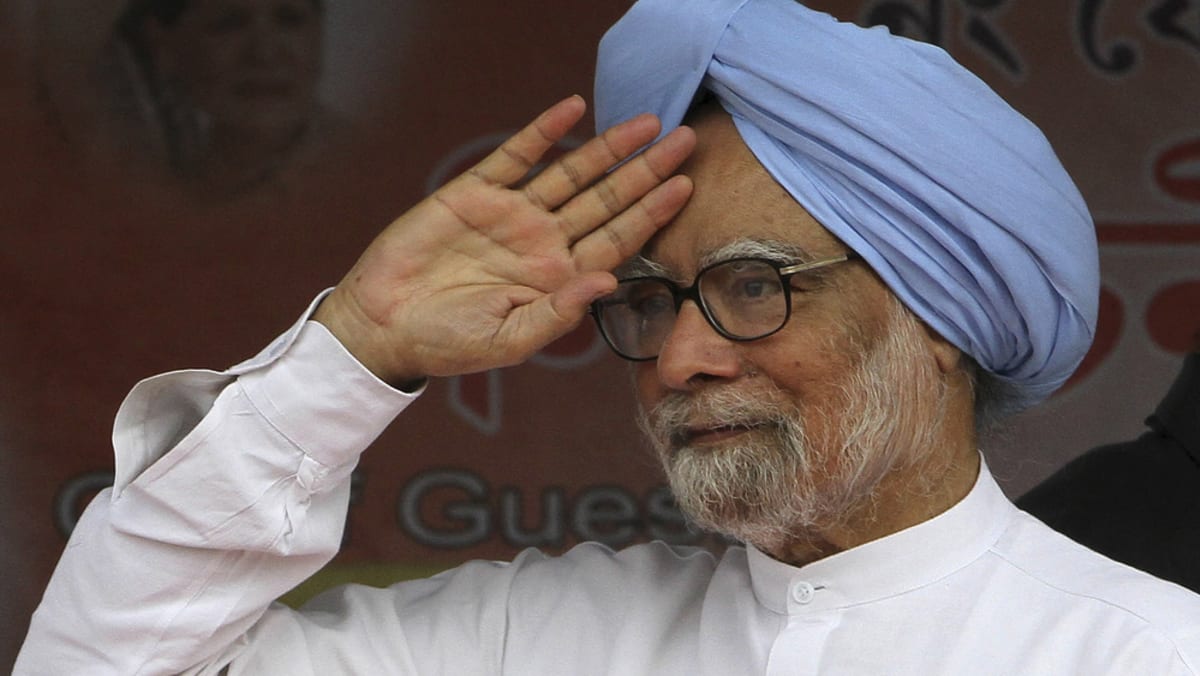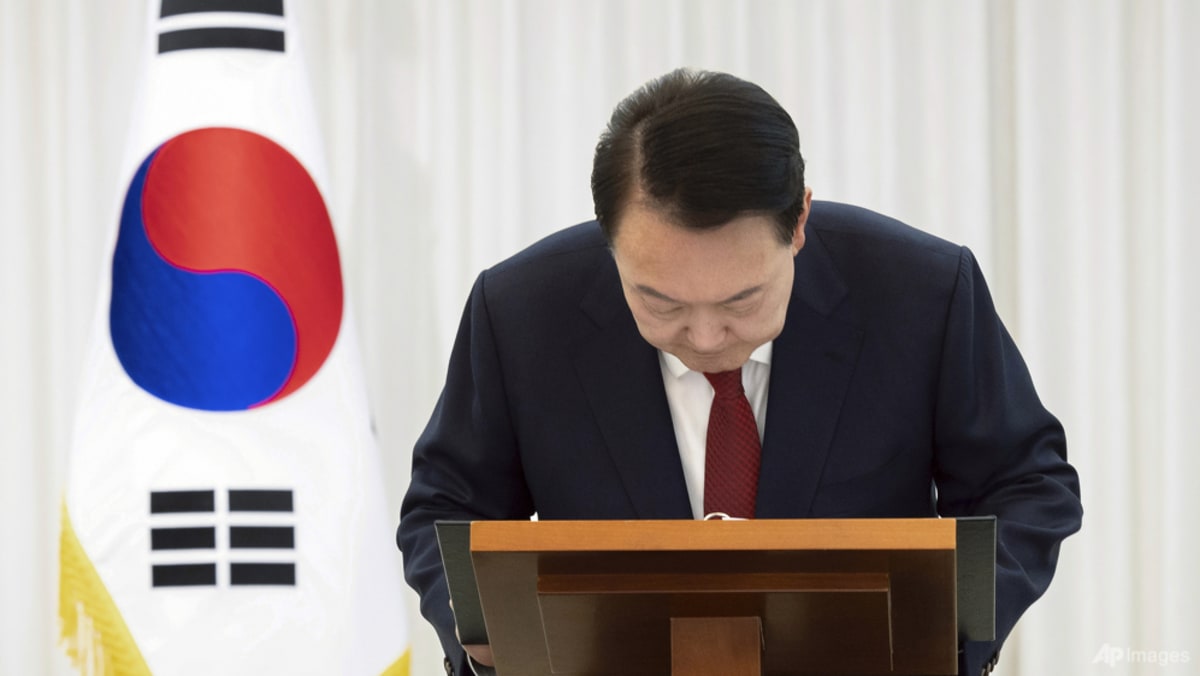Marcos says US access to Philippine bases not meant for ‘offensive action’

WASHINGTON: Philippine President Ferdinand Marcos Jr said on Thursday (May 4) his agreement this year to grant the United States access to more military bases in his country was not intended for use for “offensive action” against any country.
Speaking to a US think-tank in Washington, Marcos Jr said he had made that point to Chinese officials during recent talks. He also said the US had not asked the Philippines to provide troops in case of war between China and the US over Taiwan.
Marcos Jr told the Center for Strategic and International Studies that the 2014 Enhanced Defence Cooperation Agreement (EDCA) that allows access to bases in the Philippines was conceived to deal with the effects of climate change.
“The foreign minister of China just visited with me … and I told him and I assured him that no, these are not … intended to be military bases to attack, to move against anyone, any country, not China, not any country,” Marcos Jr said.
He said the use of EDCA bases for “offensive action” would be outside the parameters of what Manila had discussed with the United States and added that Washington had never brought up the possibility that they would be used as “staging areas” for offensive action against any country.
In a separate interview with Reuters, Marcos Jr said the bases would be “useful” for any potential need to evacuate Philippine citizens, noting that EDCA was originally conceived to improve disaster responses.
“Now there’s an additional aspect to it,” he said. “And that is … tensions across the Taiwan Straits seem to be continuing to increase. Then the safety of our Filipino nationals in Taiwan becomes of primordial importance.”
“And so these EDCA sites will also prove to be useful for us should that terrible occurrence come about,” he said, referring to an invasion of Taiwan.
He added: “It’s of a defensive nature and maybe a civil-defence nature, when I talk about the disasters and the evacuation of our Filipino nationals.”
Source: CNA


